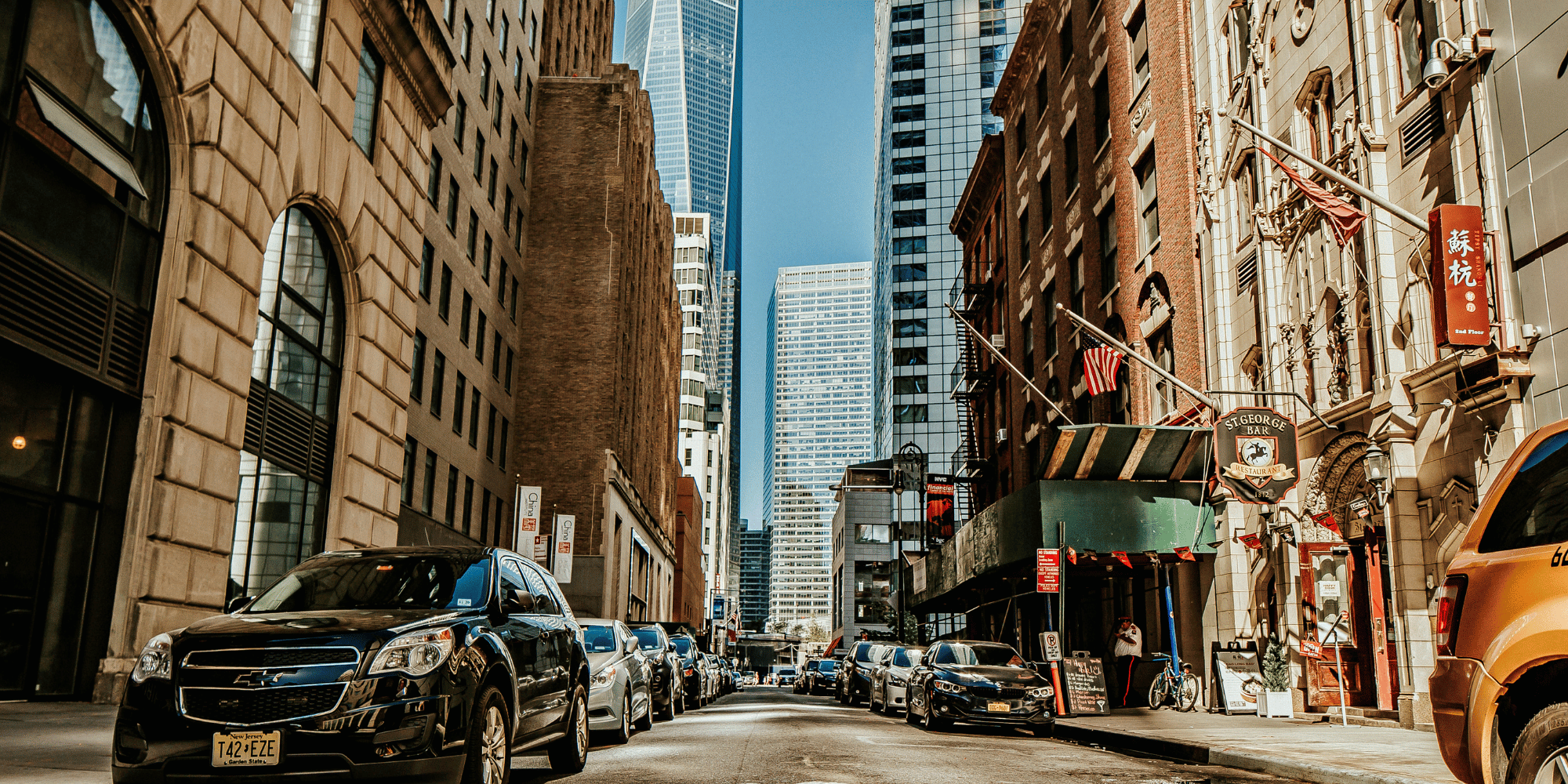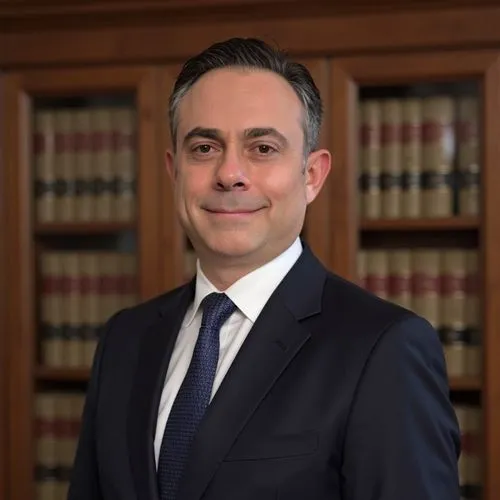Uneven Sidewalks, Poor Lighting, and Other NYC Hazards That Can Lead to a Claim

New York is Always Moving—But That Doesn’t Mean It’s Always Safe
In a city as fast-paced and densely populated as New York, pedestrian safety is a serious issue. Cracked sidewalks, broken steps, poor lighting, and other hazards can turn a routine walk into a trip to the emergency room.
But here’s what many New Yorkers don’t know: when those hazards cause an injury, you may be entitled to compensation.
Understanding Premises Liability in New York
Premises liability law holds property owners responsible for maintaining safe conditions on their property. This includes residential buildings, commercial spaces, government property, and even public sidewalks in some cases.
If you were injured due to unsafe conditions—and those conditions existed because of someone’s negligence—you may have a case.
Common NYC Hazards That Can Lead to Claims
🧱 Uneven or Cracked Sidewalks
Whether caused by tree roots, weather, or poor construction, broken sidewalks are everywhere in NYC. If you trip and fall because of a defect higher than ½ inch, you may have grounds for a claim—especially if the city or adjacent property owner was aware (or should have been aware) of the condition.
💡 Poor Lighting in Hallways or Stairwells
Dim or non-functioning lighting in apartment buildings, parking lots, or commercial spaces increases the risk of falls, especially on stairs. Landlords and business owners have a duty to provide adequate lighting in public areas.
🚫 Obstructed Walkways
Debris, loose wires, or unmarked hazards (like mopped floors without signs) can all lead to slip and fall accidents.
🚪 Broken Handrails and Steps
Staircases in poor repair—missing handrails, cracked steps, or unstable landings—are one of the most common causes of serious injury in NYC buildings.
🌨 Icy Entrances and Sidewalks
In winter, landlords are required to remove snow and ice within a set timeframe. If they don’t—and someone slips—they can be held liable.
Who Is Responsible?
Responsibility depends on where and how the injury happened:
- Private Property (e.g. apartment buildings, stores): The property owner or management company is typically responsible.
- Public Property (e.g. city sidewalks): In many cases, adjacent property owners are responsible for sidewalk maintenance.
- Government Property: If injured on city-owned property (like a park or subway entrance), different rules and notice requirements apply. You typically must file a Notice of Claim within 90 days of the injury.
What You Need to Prove
To win a premises liability case in NYC, you generally need to show:
- A dangerous condition existed.
- The responsible party knew or should have known about it.
- They failed to fix or warn about it in a reasonable time.
- That failure directly caused your injury.
Steps to Take After an Injury
✅ Get Medical Attention
Always seek medical care right away—not only for your health, but to document your injuries.
📸 Document the Scene
Take photos of the hazard, your injuries, and the surroundings. If possible, get witness contact info.
📝 Report the Incident
Notify the building management, property owner, or city (depending on location). Written reports create important paper trails.
📂 Preserve Evidence
Save any clothing or shoes you were wearing, and avoid posting about the incident on social media.
👨⚖️ Speak to a Lawyer
Premises liability claims can be complex. An experienced NYC personal injury lawyer can investigate, gather evidence, and guide you through the process.
What Can You Recover?
Depending on your injuries and case, you may be entitled to:
- Medical expenses (including future treatment)
- Lost wages or diminished earning capacity
- Pain and suffering
- Disability or long-term impact
- Out-of-pocket costs (transportation, medications, etc.)
You Shouldn’t Have to Pay for Someone Else’s Negligence
Unsafe property conditions are preventable—and when they aren’t addressed, people get hurt. If you’ve been injured due to broken sidewalks, poor lighting, or other hazards in NYC, you may be entitled to compensation.
📞 Schedule your FREE case evaluation today
Let’s talk about what happened—and how we can help.
Disclaimer: This blog post is for informational purposes only and does not constitute legal advice. Personal injury laws vary by state and depend on the specific details of each case. If you have questions about your legal rights or options, consider consulting a qualified attorney to discuss your situation.



